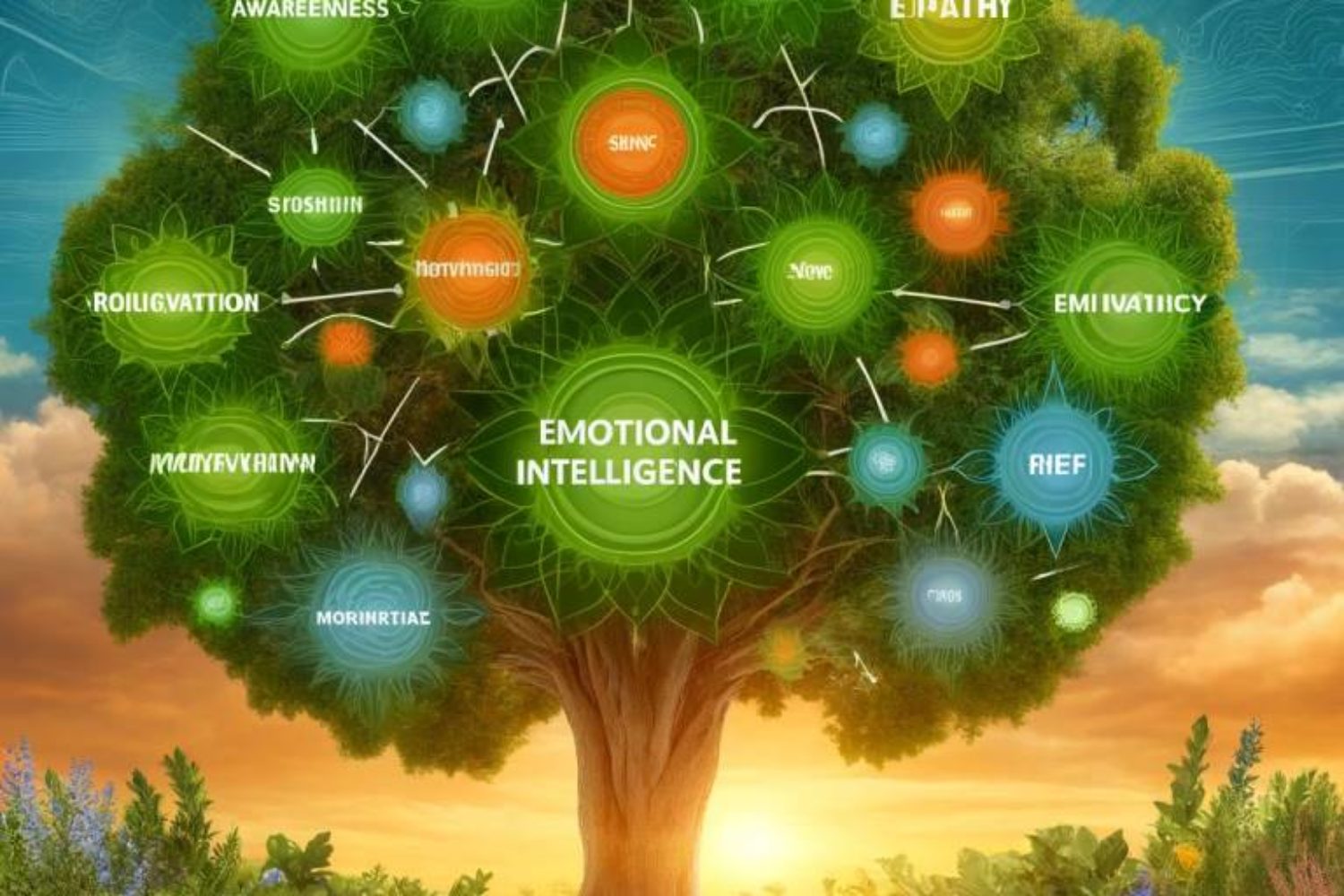Introduction:
In the rapidly evolving landscape of modern business, the concept of intelligence is undergoing a profound transformation. Daniel Goleman’s seminal work, “Emotional Intelligence,” offers a groundbreaking perspective that challenges traditional views and emphasizes the importance of emotional intelligence (EQ) in personal and professional success. In this blog post, I explore the core insights of the book and reflect on their implications for leadership, discipline, organizational growth, and innovation from my perspective as a founder and business leader.
Summary and Detailed Insights:
“Emotional Intelligence” posits that EQ—a blend of self-awareness, self-regulation, motivation, empathy, and social skills—plays a crucial role in determining success far beyond what IQ can predict. Goleman’s research suggests that emotional intelligence is a key driver of leadership effectiveness, contributing to improved decision-making, team dynamics, and adaptability to change.
Key insights from the book include:
- The Five Components of Emotional Intelligence: Understanding and developing these aspects can lead to significant improvements in personal and professional life.
- The Impact of EQ on Leadership: Leaders with high EQ are better equipped to handle the complexities of managing teams, navigating organizational changes, and fostering innovation.
- Strategies for Enhancing Emotional Intelligence: Goleman provides practical advice for improving EQ through mindfulness, empathy exercises, and feedback loops.
Key Ideas:
- Emotional Awareness and Regulation: The foundation of EQ is understanding one’s own emotions and managing them effectively.
- Empathy and Relationship Management: The ability to understand others’ emotions and maintain strong relationships is vital for collaborative success.
- Adaptive Leadership: EQ empowers leaders to adapt their strategies and leadership styles to meet the evolving needs of their organizations.
Personal Experience and Thoughts:
Integrating the principles of emotional intelligence into my leadership approach has been transformative. Recognizing the value of empathy, self-awareness, and emotional regulation has not only enhanced my decision-making and conflict resolution skills but also fostered a more cohesive and innovative team culture. Embracing EQ has been key to navigating the challenges of growth and change, reinforcing the idea that true leadership is as much about understanding and connecting with people as it is about strategic vision and execution.
Conclusion:
“Emotional Intelligence” by Daniel Goleman redefines what it means to be “smart” in a world where interpersonal skills and emotional acuity are increasingly critical. For leaders aiming to drive their organizations forward, developing a strong EQ is not just an asset—it’s a necessity. As we continue to explore the depths of human intelligence, emotional intelligence stands out as a powerful tool for building more resilient, innovative, and successful teams and businesses.



